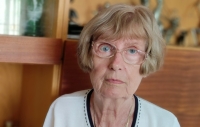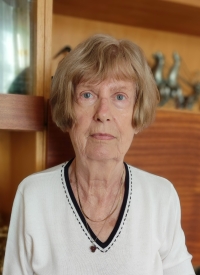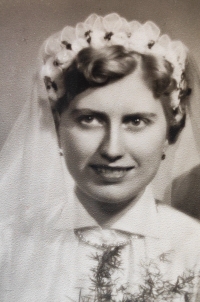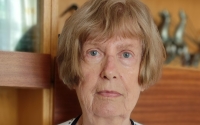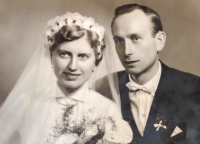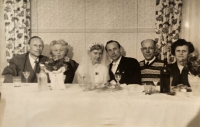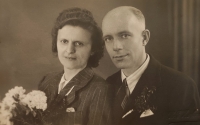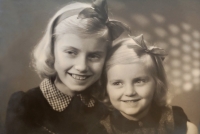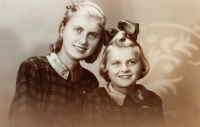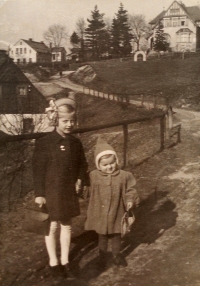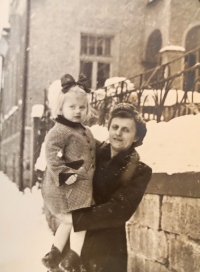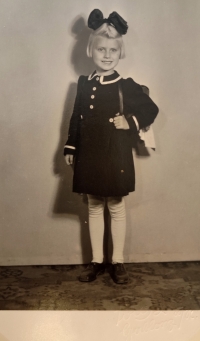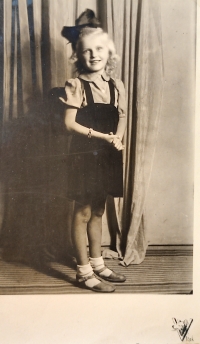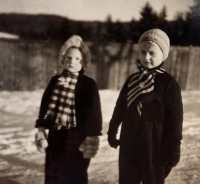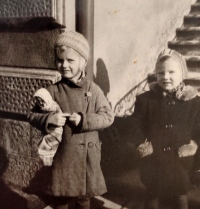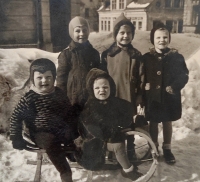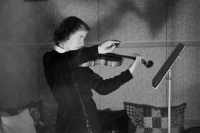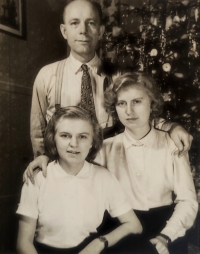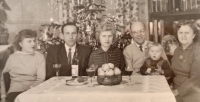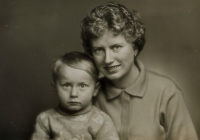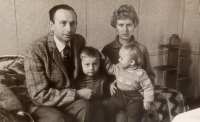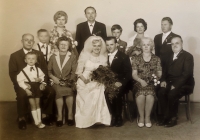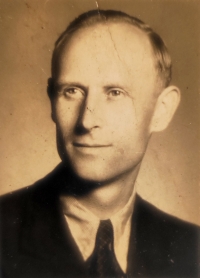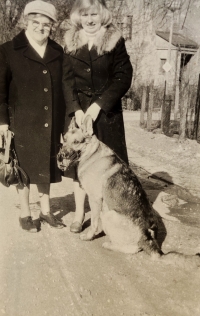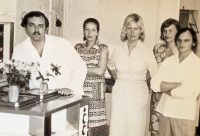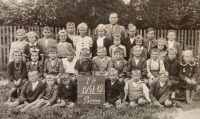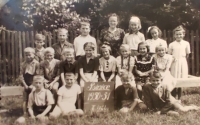My father wanted to leave for Germany after the war. He requested and requested, but his requests were always denied.
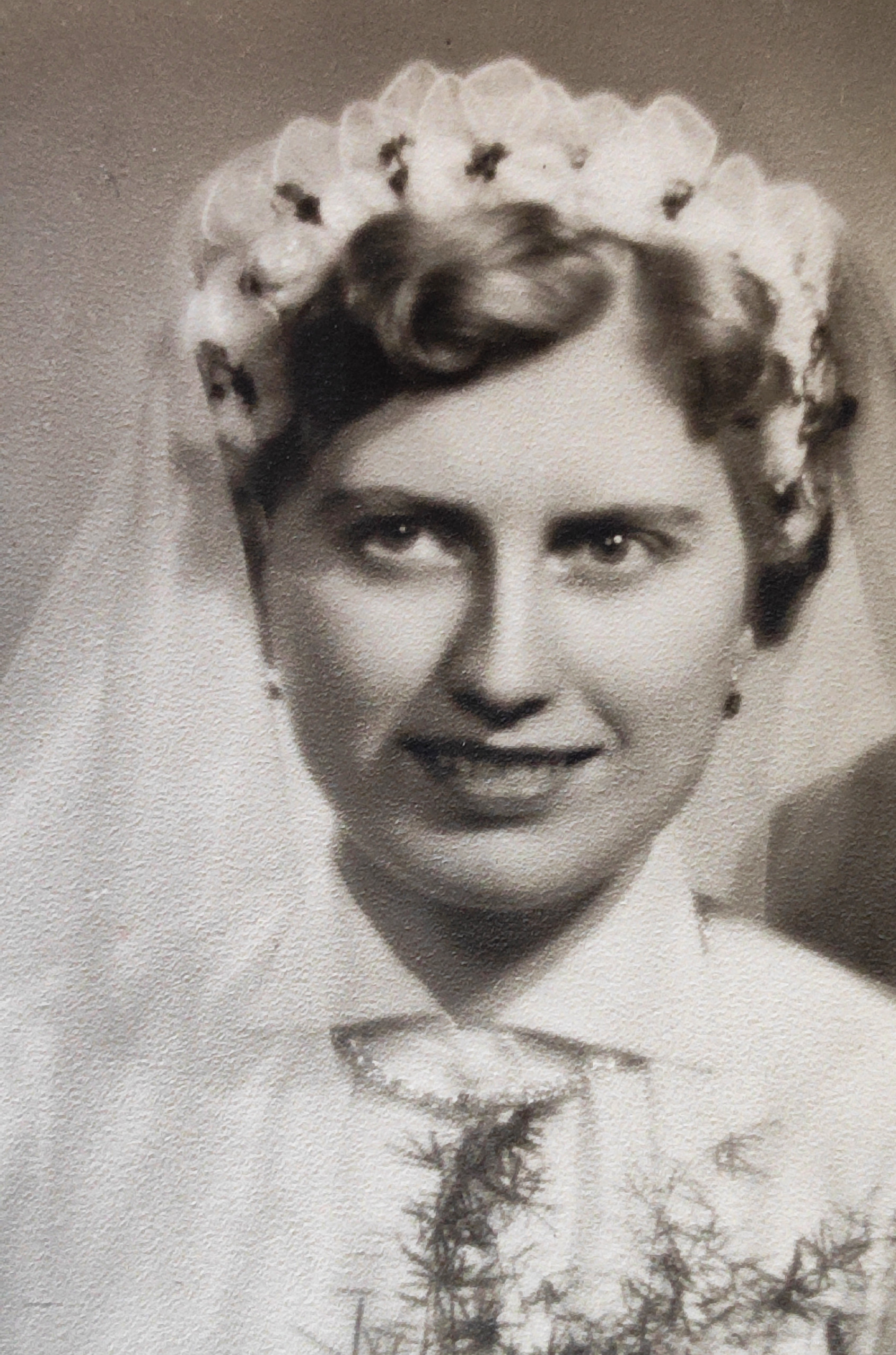
Stáhnout obrázek
She was born on July 21, 1938 in Jablonec nad Nisou to German parents. Her father, Michael Franzel, did not have to go to the front for health reasons, but served in Yugoslavia for three years. Her sister Sieglinda was born in March 1943. After the war, her father disappeared for three days. He was taken by the Revolutionary Guards on a march of the Germans. Her family was the only one of her relatives not to be displaced to Germany, although her father wished to do so. As a toolmaker specialist he had to stay in Czechoslovakia and join the Spilba lathe factory in Libáň near Jičín. The family lived in Libáň for five years, except for the spring of 1948, when they had to work for three months on a farm near Havlíčkův Brod. In 1951, they moved back to Jablonec nad Nisou, where her father was transferred to work at the Plastimat national enterprise. Due to financial reasons, she was unable to study at secondary school and started working as a typist in the Jablonec screw factory. A year later she started to study at the evening economic school and found a job as a correspondent in Jablonex. In 1958 she married Kurt Louda from a German family from Jablonec. After the birth of her first son, she worked from home for the Skleněná bižuterie company (Glass Jewellery Company) for ten years, then joined the „Skleněnka“ as a payroll accountant and after a while became the manager of the factory canteen, which she ran until her retirement. In June 2022, she was living in Jablonec nad Nisou in the family home that her husband‘s father had built.
